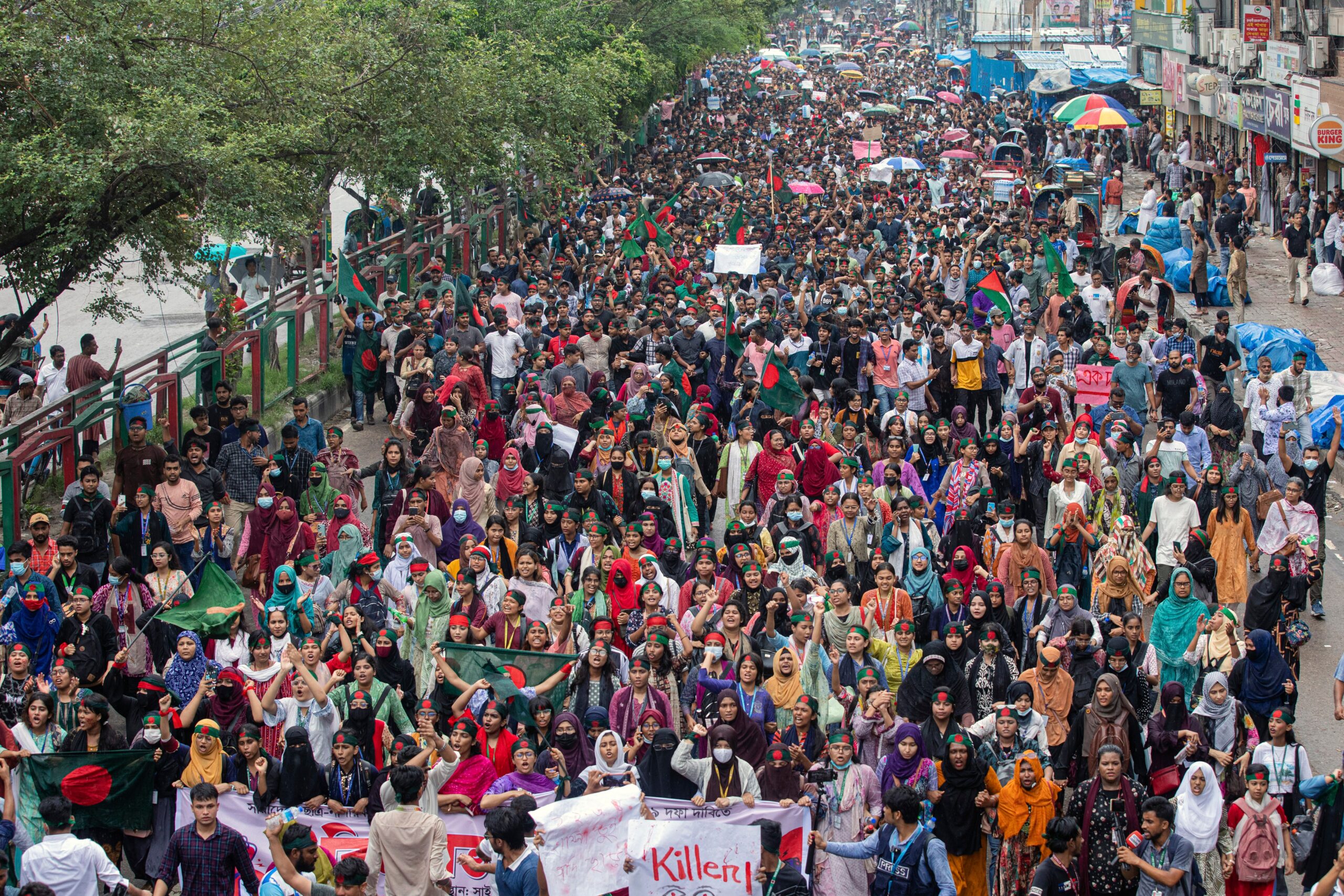A Rising Power in a Fragile Landscape
Over the last few decades, Bangladesh has emerged as a beacon of resilience and progress in South Asia. With a population exceeding 160 million, this small nation has seen impressive economic growth, yet it grapples with vulnerabilities that threaten its future.
Economic Growth and Challenges
According to recent data from the World Bank, Bangladesh’s GDP grew by an impressive 5.4% in 2022, propelled by the garment industry, remittances, and a burgeoning tech sector. The country has positioned itself as the second-largest garment exporter globally, following China, providing millions with employment opportunities.
However, this growth comes with significant hurdles. The country faces severe environmental challenges, notably climate change, which threatens to reverse economic gains. Floods and cyclones increasingly disrupt livelihoods, with experts warning that rising sea levels could displace millions of people in the coming decades. As environmental activist Rina Chowdhury states, “Bangladesh is at the frontlines of climate change; the urgency cannot be overstated. We need global leaders to pay attention now to prevent a humanitarian crisis tomorrow.”
Social Dynamics and Cultural Shifts
The demographics of Bangladesh also reflect a nation in transition. The youth population, comprising over 40% of residents, is increasingly vocal about social issues, from gender equality to environmental sustainability. This shift has ignited discussions about what it means to be Bangladeshi in a rapidly changing world, as young people leverage technology and social media to advocate for rights and reforms.
Moreover, the empowerment of women has been particularly noteworthy. Programs aimed at improving female literacy and workforce participation have made strides, yet societal norms still present obstacles. As one local journalist notes, “While we’ve seen extraordinary progress, the battles for equality and empowerment are far from over. It’s a long journey ahead, but every small victory counts.”
The Impact of Global Events
Bangladesh’s geopolitical standing has also evolved amidst global tensions. With its strategic location, it serves as a critical player in South Asia’s economic dialogue. Yet, the complexities of international relations, particularly with neighboring India and China, further complicate its growth. The ongoing geopolitical chess game could influence trade deals and developmental aid, thereby affecting the country’s trajectory.
Public Sentiment and Future Outlook
As the nation approaches its next election cycle in early 2024, public sentiment is mixed. Many citizens express pride in their country’s advancements but remain frustrated with corruption and governance issues. Social media platforms are abuzz with debates, highlighting a generational divide in priorities—where older generations may value stability, the youth demand change.
In light of these dynamics, experts suggest that Bangladesh’s path forward must address both its economic ambitions and its environmental realities. The resilience showcased in overcoming adversities could be key, but only if it aligns with sustainable development goals. The coming years will be pivotal, determining whether Bangladesh can transform its potential into lasting progress or succumb to the vulnerabilities it currently faces.
